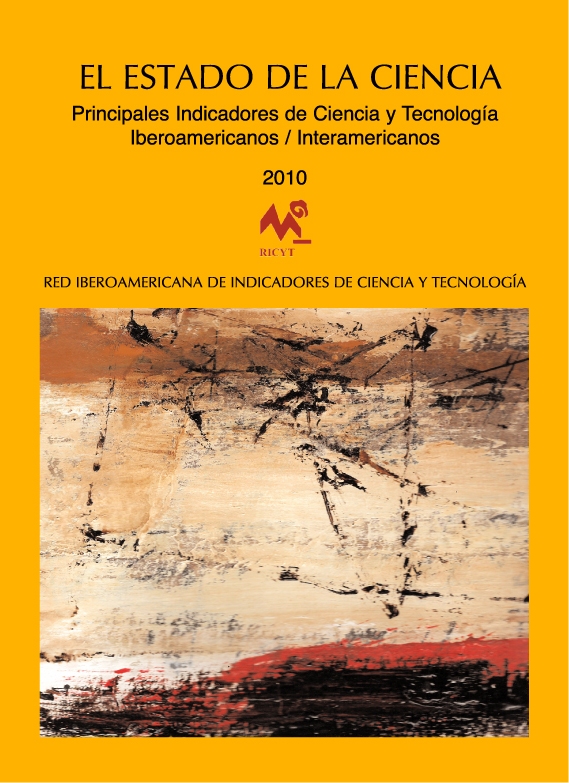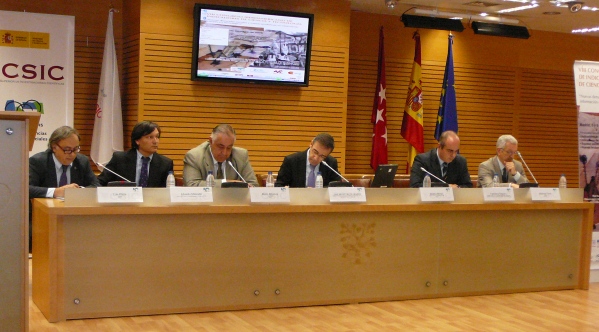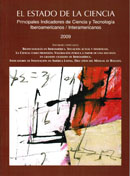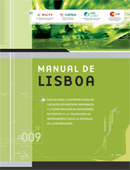On October 5 and 6 of 2010, took place the VIII Ibero-American Congress of Science and Technology Indicators, in Madrid, Spain. The meeting was organized by the Network on Science and Technology Indicators (RICYT), the Observatory on Science, Technology and Society, which belongs to the Organization of Ibero-American States (OEI) and the Institute of Documentary Studies on Science and Technology of the Spanish CSIC. It will be held at the CSIC Centre of Social and Human Sciences.
The main theme of the meeting was “Social demands and new trends in scientific and technological information” and it aimed at expanding the discussion in relevant topics related to science, technology and innovation indicators. The two main objectives of the 2010 edition were: on one hand, updating the debate on traditional issues associated with the measurement of regional indicators; on the other, spreading its scope to those areas which may provide new tools to shorten the gap between science, technology and society.
The Congress was attended by official representatives from various countries and international organizations, technicians devoted to the generation and analysis of indicators, and delegates from each national S&T agency in Latin America and the Caribbean.
Download some of its presentations at: congreso.ricyt. org



